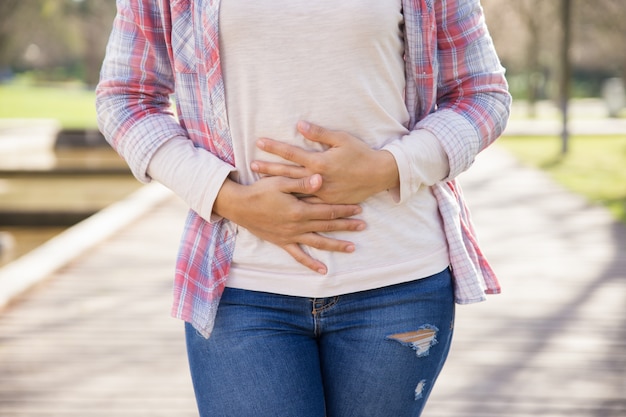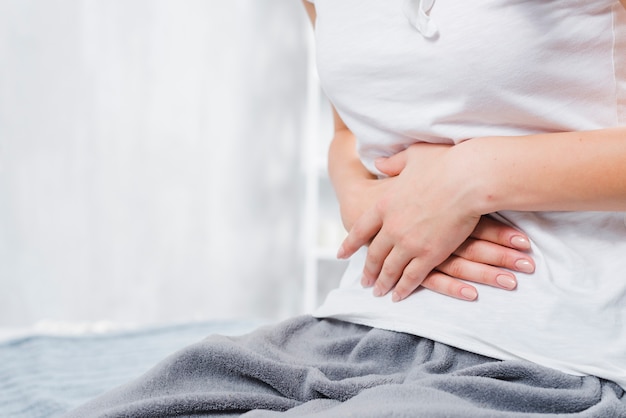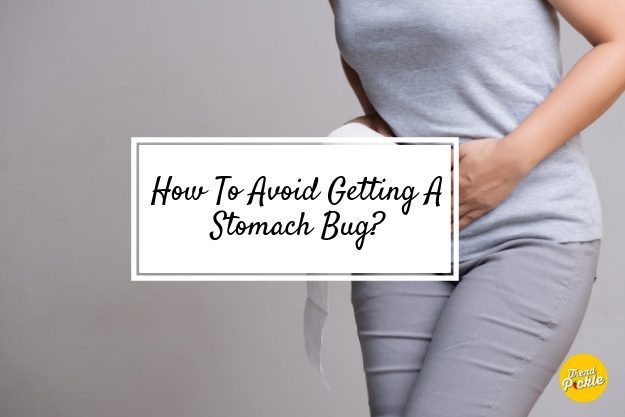As children have low immunity, they are more prone to falling ill. The most common form of illnesses that toddlers are exposed to is the stomach bug. Even a small stomach ailment could be life-threatening if not treated in the initial years. Children, from a young age, should be taught proper techniques of hand washing to eliminate all the germs and bacteria. What to eat in stomach infection also becomes an essential thing to ensure.
As children have low immunity, they are more prone to falling ill. The most common form of illnesses that toddlers are exposed to is the stomach bug. Even a small stomach ailment could be life-threatening if not treated in the initial years. As a parent to a young child, you must teach them proper techniques of hand washing to eliminate all the germs and bacteria. What to eat in stomach infection also becomes an essential thing to ensure.
Parents must ensure that they maintain the best hygiene standards to keep viruses and bacteria at bay. These can be contagious and usually spread through the consumption of contaminated food or water. By definition, a stomach bug affects both the stomach and the intestines of your toddler, resulting in vomiting and diarrhea.
Parents must also ensure that they maintain proper hand hygiene when dealing with kids. Using Dettol Hand Sanitizer when you are on the go, will ensure that no germ transfer happens to your toddler.
What Are The Causes of A Stomach Bug?

Several different viruses may cause a stomach bug, including norovirus, rotavirus, and adenovirus.
The most common cause of a stomach bug is norovirus. It can be transmitted by:
- Consuming contaminated food or liquids
- Placing hands or fingers by accident after touching a contaminated object with Norovirus
- Being in direct contact with an individual having an infection (for example, sharing meals, drinks, eating utensils with an affected individual)
Symptoms Of A Stomach Bug
If your toddler has the stomach bug, you may observe the symptoms below:
- Diarrhea
- Stomach Or Intestinal Cramps
- Vomiting/Nausea
- Weight Loss
- Fever
- Thirst
Typically, stomach bug develops within 24 to 72 hours of exposure to a virus in an individual; this is less in the case of a toddler. It is essential to choose wisely what to eat in a stomach infection and what not to.
What to Eat in Stomach Infection?
You must clean your home thoroughly to prevent the spreading of infection. It is not necessary to have expensive products to ensure cleanliness, you only require vigilance.
With some highly infectious viruses that cause vomiting, maintaining cleanliness and hygiene can save your children from possible infections. Along with maintaining cleanliness, choosing what to eat in stomach infection is also crucial.
Here are some tips for the right diet to restore your little one’s energy:
- Coconut Water
Coconut water provides sufficient potassium and other vital nutrients like sodium, magnesium, and phosphorus, and it has natural electrolytes without added sugar to replenish and hydrate the body.
- Yogurt
Yogurt helps provide proteins and beneficial bacteria to your child’s body. It also stabilizes blood sugar to make them feel stronger.
- Bland Foods
As the stomach begins to settle, gradually try to administer bland foods that are easy to digest. Some standards are soda crackers, rice, gelatin, unbuttered toast, potatoes, and bananas. Avoid dairy products, fatty foods, sugary foods, and spicy foods.
How To Avoid Getting A Stomach Bug?

Children commonly pick up stomach bugs as their immune systems are under development. Stomach flu symptoms include diarrhea, nausea, stomach cramps, and vomiting. Here are some tips for prevention:
- Don’t share personal items with your toddler, and also avoid using the same utensils with them
- Disinfect any contaminated surfaces in your home. Clean all the surfaces your toddler comes in contact with including counters, doorknobs, faucets, phones, and computer keyboards or mouses
- Boost the body’s immune system by eating healthy. A healthy immune system will better fight off infections
Ideally, you should wash your hands thoroughly to keep off germs and prevent stomach infections. So, remind everyone in your family about these critical times to disinfect their hands
- After and before using the bathroom or changing diapers
- Before and after eating or handling food
- Before picking your toddler up
Here’s What We’re Saying
Parents are bound to feel stressed and worried when their toddler is not feeling their best. By ensuring that the precautions mentioned above are followed, your toddler will be at the pink of their health. This includes having clean surroundings, preparing clean food and keeping your hands clean with Dettol Hand Washto ensure the elimination of germs. However, it is best to get a medical opinion if your child shows excess symptoms and get the right treatment immediately.

